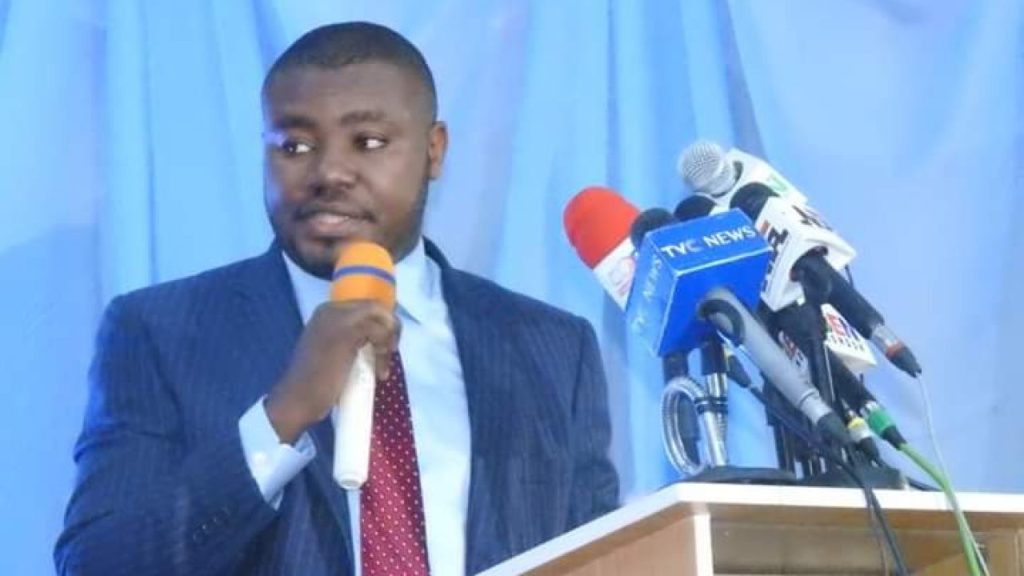Lassa Fever Outbreak Wreaks Havoc in Northern Nigeria
A devastating Lassa fever outbreak is sweeping through Northern Nigeria, leaving a trail of death and destruction in its wake. According to the Nigeria Centre for Disease Control and Prevention (NCDC), the states of Taraba and Bauchi are bearing the brunt of the outbreak, with the highest number of fatalities recorded so far. As of May 4, 2025, Taraba has reported 34 deaths, closely followed by Bauchi with 15, contributing significantly to the nationwide death toll of 138 across 15 states.
The NCDC’s latest situation report reveals that out of 4,881 suspected cases reported across 93 local government areas in 18 states, 717 have been confirmed. The data shows that three northern states – Taraba, Bauchi, and Gombe – account for a large portion of the fatalities, with Gombe recording seven deaths, and Plateau and Benue each reporting five. The affected age group ranges from one to 96 years, with individuals between 21 and 30 years old being the most impacted demographic. The median age of confirmed cases is 30, and the male-to-female ratio is 1:0.8.
The outbreak has raised concerns about the accessibility of healthcare and surveillance in northern states. Taraba, Bauchi, and Ondo States alone account for 71% of the total confirmed cases, with Bauchi contributing 25% and Taraba 16%. The overall Case Fatality Rate (CFR) for the year is 19.3%, a slight increase from 18.0% in the same period in 2024. The NCDC is urging continued vigilance and early reporting, especially in northern states where access to healthcare and surveillance remains a challenge.
As the situation continues to unfold, the NCDC’s National Lassa Fever Multi-Partner, Multi-Sectoral Incident Management System remains operational, coordinating the national response in collaboration with federal, state, and local authorities. The agency’s efforts to combat the outbreak are crucial in preventing further spread and reducing the number of fatalities. With the outbreak showing no signs of abating, it is essential for the authorities to remain vigilant and for the public to take necessary precautions to prevent the spread of the disease. The people of Northern Nigeria are in need of support and assistance during this difficult time, and it is imperative that the international community rallies around them to provide aid and resources to combat this deadly outbreak.



